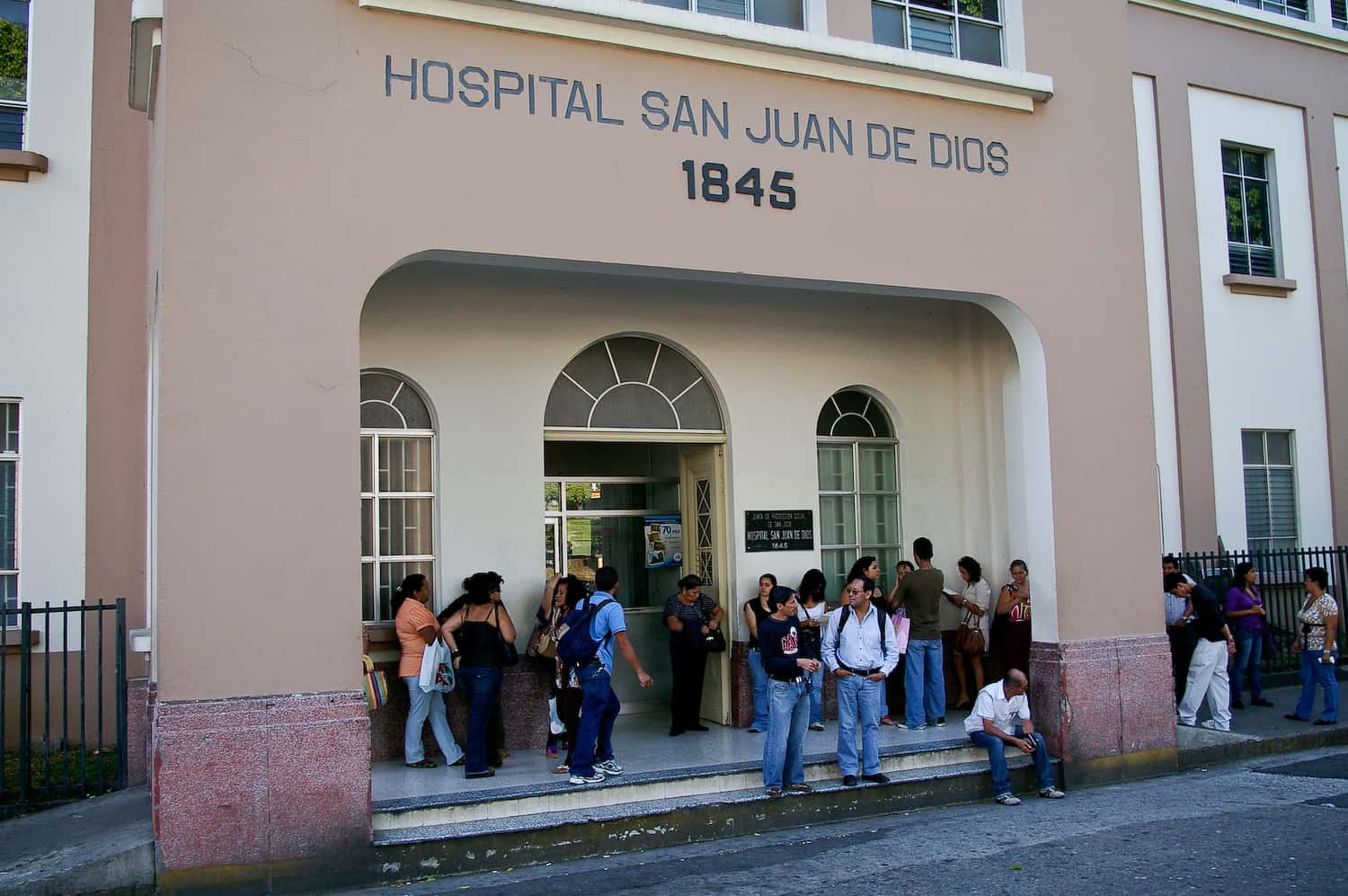Most recent global data indicate that the number of cases and deaths caused by the disease will grow in the region in a faster pace than the average.
Different sectors point to the need of action in order to increase access to cancer treatment. Better infrastructure, more financing, human resources and availability of treatment are the most mentioned solutions.
Every two minutes, five persons are diagnosed with cancer in Latin America. The region has 1.4 million new cases per year and the disease continue to increase. In September 2018, the International Agency for Research on Cancer (IARC), linked to the World Health Organization (WHO), updated the Global Cancer Observatory and the picture for the future is alarming: the incidence of the disease is bound to grow 63 percent in the world until 2040, and the number of deaths should increase 71.5 percent.
In developing areas, like Latin America, where early diagnostic and the access to treatment are more difficult, the outlook is even worse: the number of cases must leap 73 percent in the next 21 years, getting close to 2.5 million a year.
At the same time, the access to health care in the region faces serious problems: according to a study published in The Lancet, more than 156 million people die every year due to the lack of access to health services. The growing need of attention faces fragmented health systems, lacking infrastructure, human resources, diagnostic, treatment and financing.
Formed by countries with different socioeconomic and cultural realities, Latin America also has different panoramas related to prevention and fight against cancer. “The situation is uneven. There are countries with well succeeded policies, well implemented and with good results, such as Uruguay and Costa Rica, and there are others that are still very far from these results”, analyses the oncologist Eduardo Cazap, one of the biggest authorities of the region. The doctor was the founder and first president of the Latin American and Caribbean Society of Medical Oncology (SLACOM, in the original language) and he also presided the International Union against Cancer (UICC, in the original language).
The specialist adds that Chile, Peru and Colombia have also obtained good results with their policies, and that Brazil is making “important progress”. In Latin America, cancer is the second most deadly disease, losing only to cardiovascular illnesses.
The report Latin America Cancer Control Scorecard (LACCS), published by The Economist Intelligence Unit, has shown that only 7 percent of the population of the twelve analysed Latin-American countries live in areas where there is a thorough registration of the cases. With respect to the PNCCs, in 2014 ten countries had a well-developed plan, but its implementation and the results were variable. “In order to be effective, the plan must be well designed, be fit to the needs of the country and be according to the existing resources”, asserts Cazap.
However, the implementation of the politics stumble upon the lack of resources, on cultural barriers such as the fear to be screened and finding out a disease, and that at the time, and the difficulty to reach the whole population. “The fragmentation is a common problem in almost every country. There are areas where the population have a very good resources bases, even better than in developed countries, while in others, access is too limited”, says Cazap.
In Peru, for instance, 85 percent of oncologists are in the capital; in Colombia, six out of each group of ten specialists live in the four biggest cities of the country. In Panama and Paraguay there aren’t linear accelerators outside the capitals. In Brazil, people living in cities like Sao Paolo and Rio de Janeiro have good hospitals, professionals and equipment, but those who live in the North of the Country, in the Amazon, virtually don’t have access to treatments. “I believe that the governments efforts must be focused on democratizing the access to public health care”, says the coordinator of the Agreement Against Cancer in Ecuador, Wilson Merino.
Another problem that is common to the countries is the little investment in prevention, which drives to a statistics worrying: between 30 percent to 40 percent of tumours are diagnosed in advanced stages. “Speak about cancer and taking good quality information should be public health programmes. This is a challenge to every country”, asserts the director of the National Institute of Cancer of Uruguay, Álvaro Luongo.
The doctor remembers that many diseases may be prevented or detected right at the beginning, elevating the chances of a cure: lung tumours may be avoided with good anti-smoking policies; breast and prostate tumours may be detected early by a mammogram and rectal examination, respectively; and cervix tumour may be avoided by vaccinating the population against the HPV.
According to an estimative of the World Oncology Forum, edition 2014, to each US$ 1 invested in prevention, US$ 2.74 are saved in treatment.
This story was made possible thanks to The Tico Times 5 % Club. If only 5 percent our readers donated at least $2 a month, we’d have our operating costs covered and could focus on bringing you more original reporting from around Costa Rica. We work hard to keep our reporting independent and groundbreaking, but we can only do it with your help. Join The Tico Times 5% Club and help make stories like this one possible.






